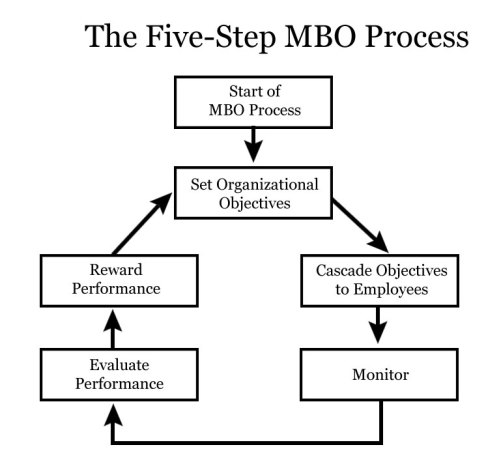A management control system refers to the framework by which managers can ensure control over the actions of their subordinates as well as control over the organization as a whole. It is a total system in the sense that it embraces all aspects of the firm’s operations so that the different parts of the organization are in balance with one another.
According to Anthony, “A management control system is an explicit set of activities, policies, procedures and reports intended to institutionalize the, formal aspects of the management control process.”
This definition reveals that the scope of management control system is not necessarily restricted to measuring, the performance of a subordinate manager toward the achievement of an objective established for, his function.… Read the rest


